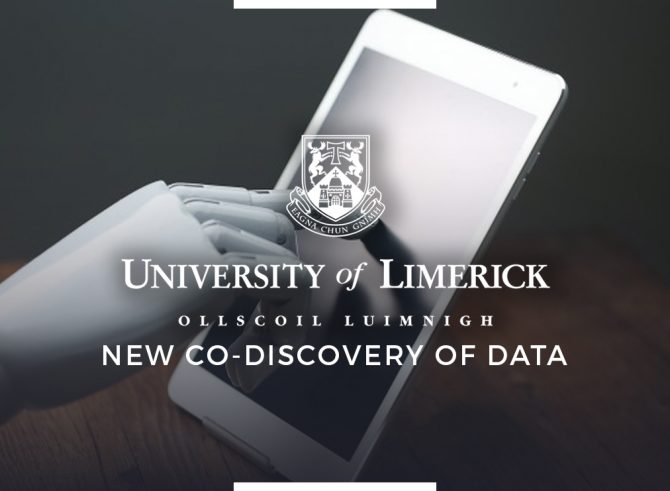Researchers at the Bernal Institute at the University of Limerick (UL) recently revealed that they have aided in the discovery of a molecule that can largely affect data storage. According to the university’s website, this development could improve how data is processed through artificial intelligence (AI).
The UL scientists, led by UL Associate Professor in Physics Damien Thompson, learned that a “simple metal-organic molecule can go beyond simple binary computing logic and can in fact switch between three distinct, long-lived states.” This means that instead of having only two states which can only indicate either on or off, this metal-organic molecule can alternate between three. The article referred to this discovery as a “ternary molecular traffic light.”
Aside from the 1 and 0, respectively referring to on and off, Thompson identified a stable third state is possible when different sides of the molecule share an unequal number of electrons. He proved this using advance technology that rendered simulations with the help of the Irish Centre for High-End Computing supercomputer. This unequal distribution of electron is called “charge disproportionation” or “symmetry breaking.”

In the first demonstration of this traffic light-like device, it showed potential in providing a way to store and process unstructured big data using low energy. This type of data re needed in the Internet of Things (IoT) and AI.
The team of UL researchers worked with scientists from the National University of Singapore (NUS), Indian Association for the Cultivation of Science (IACS) and Texas A&M University (TAMU).
Solving a ’50-year-old puzzle’
The article noted that this new co-discovery “solves a 50-year-old puzzle in physics.” According to Thompson, big data has been a huge enigma in the development of advanced computing. This is because it has constantly increasing demands in density.
This is considered a puzzle because it is difficult to meet such demands due to the large requirement in power. It also entails the manufacturing of “impractically complex components” and “convoluted circuit designs.”
Thompson said that the discovery pushed the boundaries of the industry by a wide margin. The ternary molecular traffic light offers a long-enduring solution to big data issues. This means that the device can work “perfectly for weeks on end.”
The scientists are now considered leaders of molecular nanotechnology.
Meanwhile, Thompson remarked that this excellent performance from UL scientists is “a continuation of Bernal scientists’ world-leading contribution to the field of predictive materials modelling.”
















